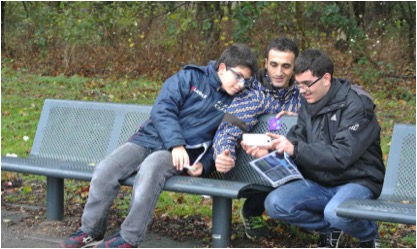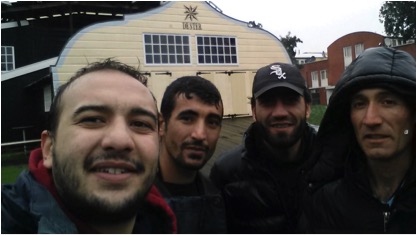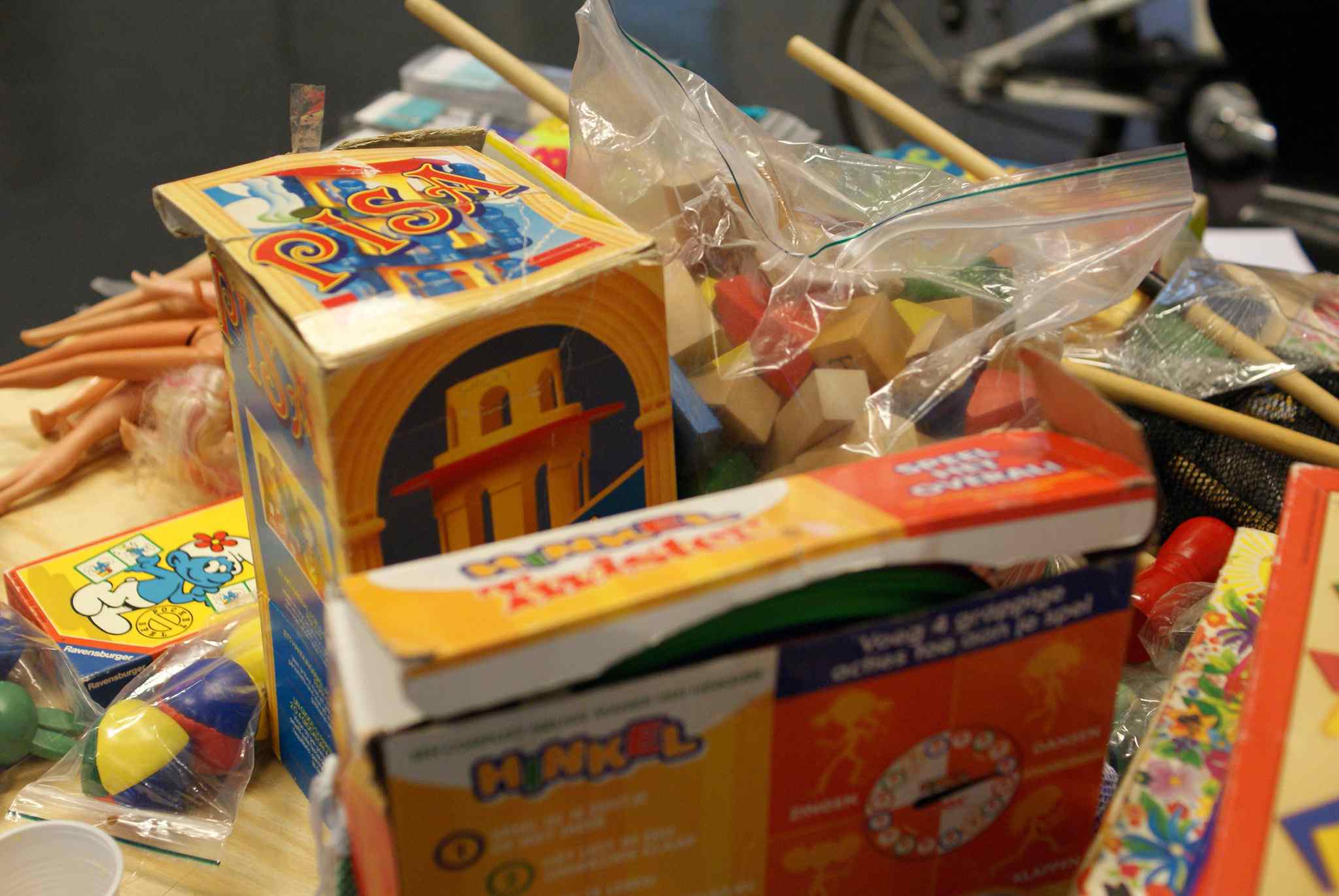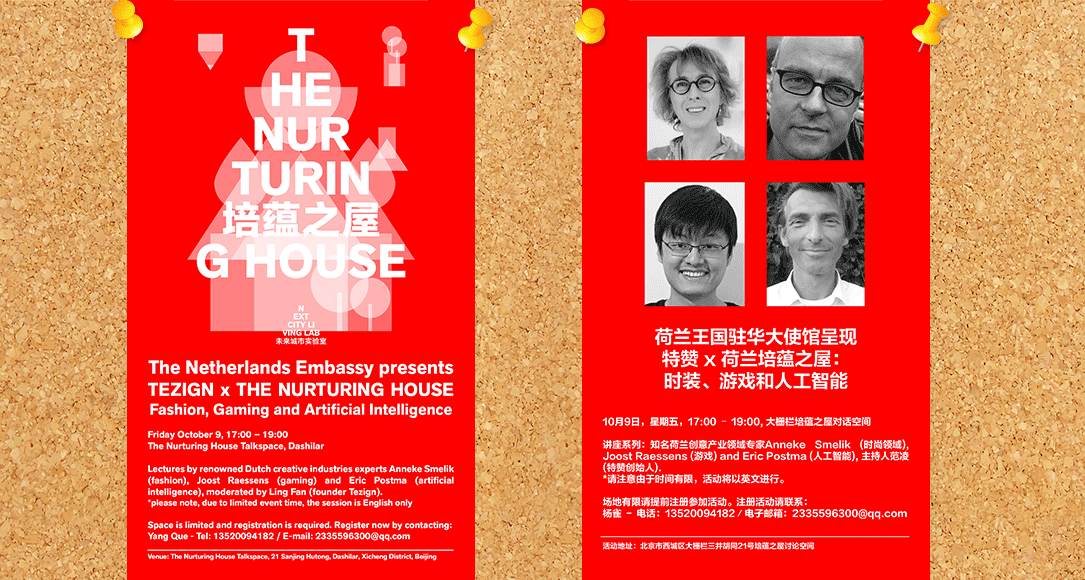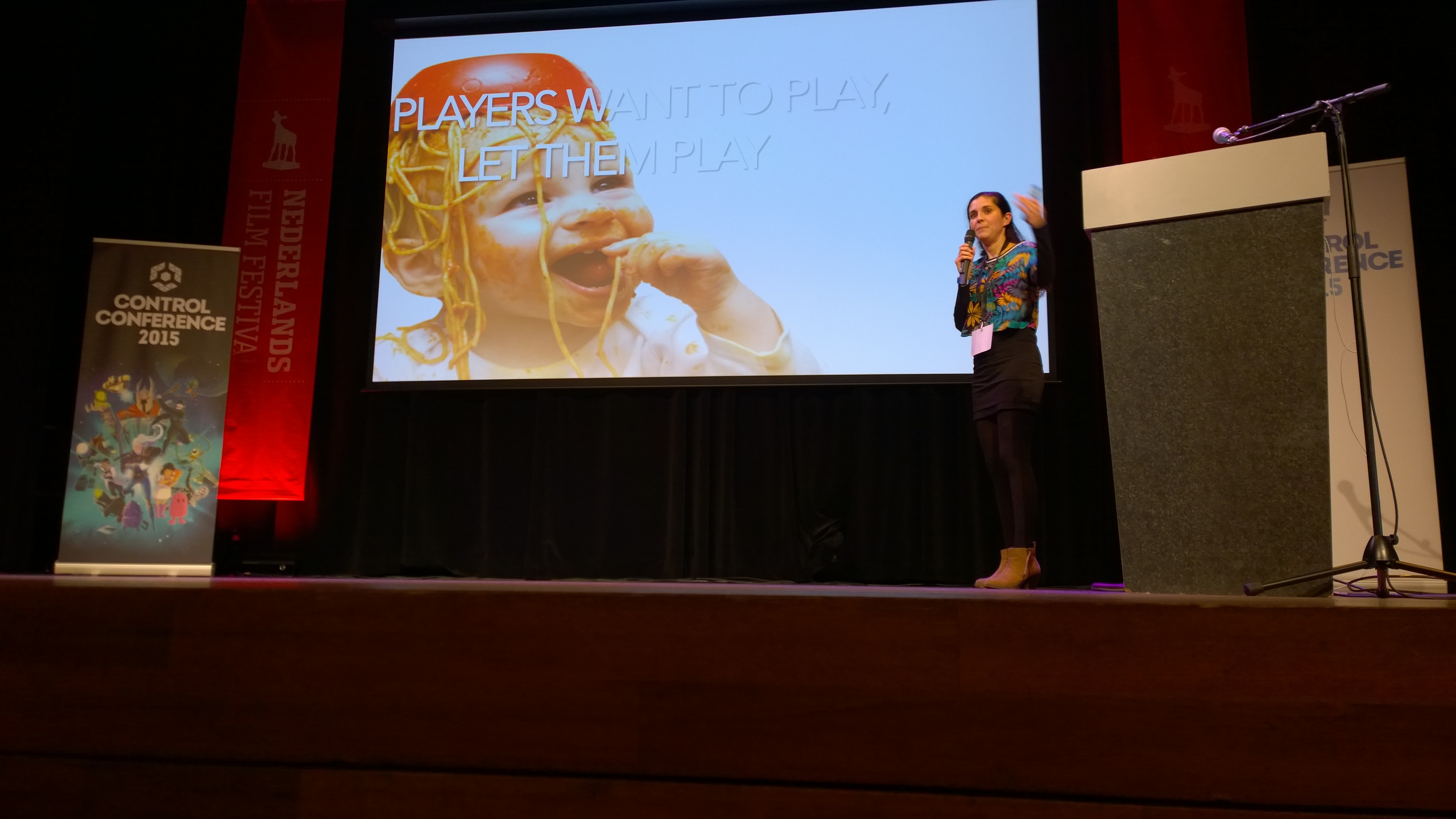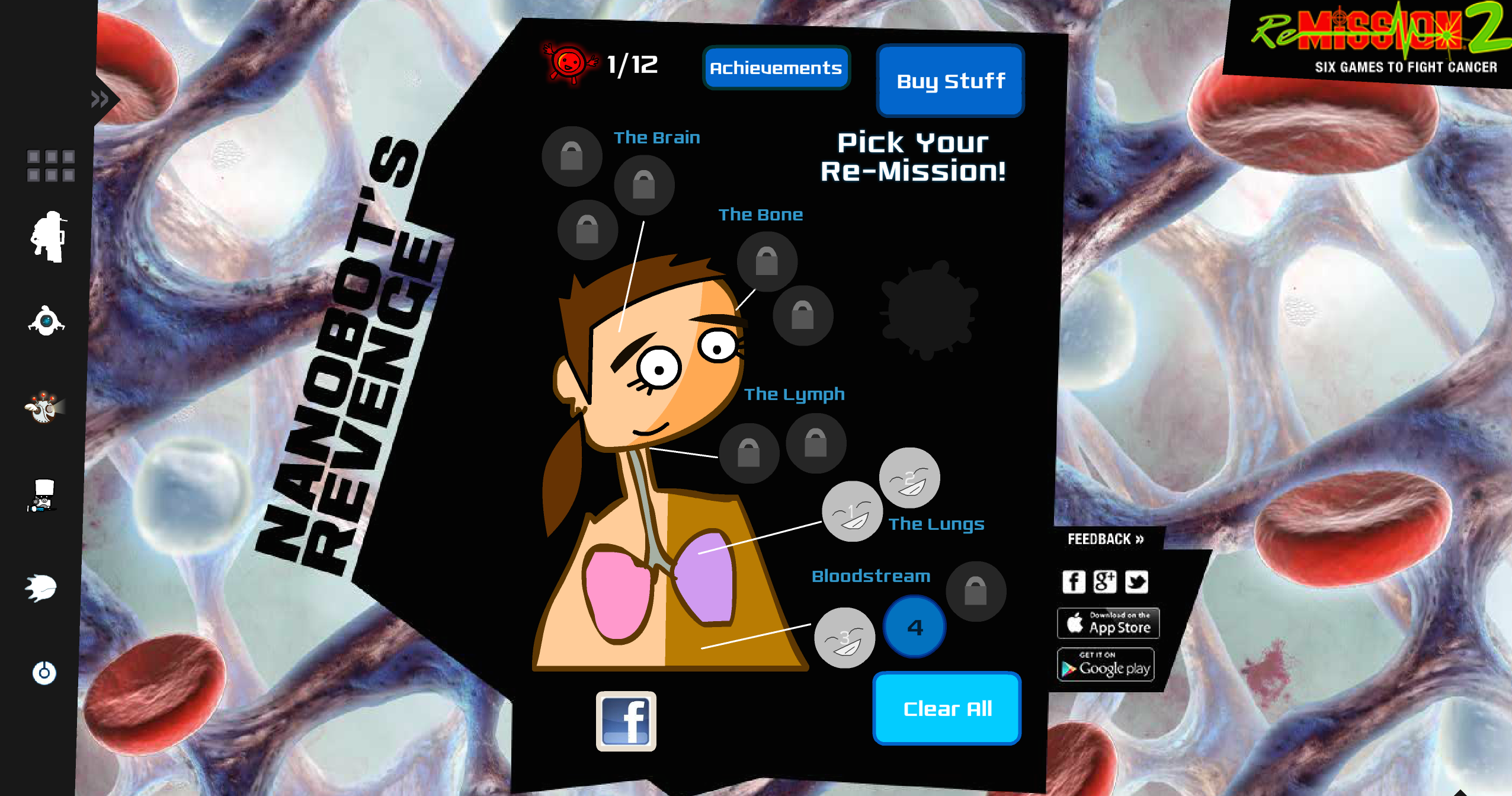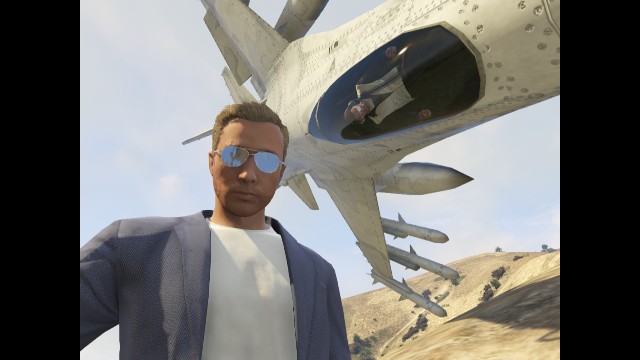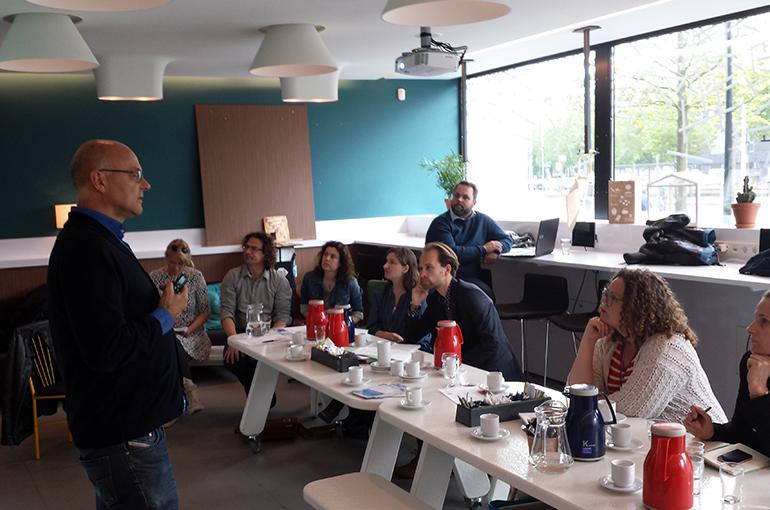Games and Play Research Seminar #6
On Tuesday March 22 the Centre for the Study of Digital Games and Play (GAP) will host its sixth seminar at Muntstraat 2a, room 1.11 from 15:00-17:00 with drinks afterwards. The aim of these regular meet-ups is to create a physical space for game scholars and excellent students to present research, to provide room for game-related discussions, and to expand our academic and professional network. This meeting, we will share three game-related projects from national and international game scholars that focus on inclusive design for serious games. First, Ingrid Hoofd (Utrecht University), will reflect on the moral concerns and ethical implications of serious gaming aesthetics, practices, and discourses. Then, Fares Kayali (Vienna University) shares his research in designing a game for cultural diversity and social interaction. Lastly, Paola Monarchesi (Utrecht University) will present a playable prototype for planning and negotiating urban space in mega-cities such as Mumbai.
The Ambiguous Ethics of Serious Games: Towards a Critique of the Game Apparatus
Ingrid Hoofd, Utrecht University, Department of media and culture Studies
This presentation focuses on the larger ethical implications of serious gaming. It foregrounds the relationship between global and local injustices, and serious gaming aesthetics, practices, and discourses. The presentation will start from the premise that the very quest for instantaneity that research around digital media has displayed through the development of interactive technologies for education – a quest that also implicitly informs the current development of serious games – is itself already by no means a neutral affair. The ethical issue with serious games is therefore not simply one of game content, or of the problematic stereotypical representations in such games. Rather, the main moral issue lies in how serious games, as at base a technology of distancing, militarisation, and archiving, lead to what the presentation will call a ‘double objectification’ through its formal aesthetics, in favour of a neoliberal ‘speed elite’.
A Serious Game to Further Cultural Diversity
Fares Kayali, Vienna University of Technology, Human computer interaction group
This talk explores how game design can shape social interaction using the serious game ›YourTurn! The Video-Game‹ YourTurn is a social impact game about creating video mash-ups with other players to foster social interaction and the reflection of cultural identity among juvenile minority groups in Vienna, Austria.
You place it! A geo-game for planning and negotiation in mega-cities
Paola Monachesi, Utrecht University, Department of languages, literature, and communication
This is an interactive presentation of a web-based urban planning game. The prototype is designed for Dharavi, a low-income area of Mumbai. The presentation will focus on the design challenges in making a multiplayer version of the game and adding a language component to support the negotiation process. Furthermore, we will play test the prototype and collect feedback for further development.
Date: Tuesday March 22, 2016
Time: 15:00 – 17:00 + drinks
Location: Muntstraat 2a, room 1.11
Registration: Please register via e-mail
More information: GAP: Center for the Study of Digital games and Play

